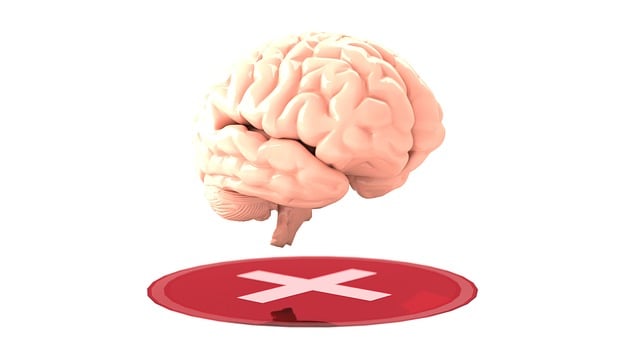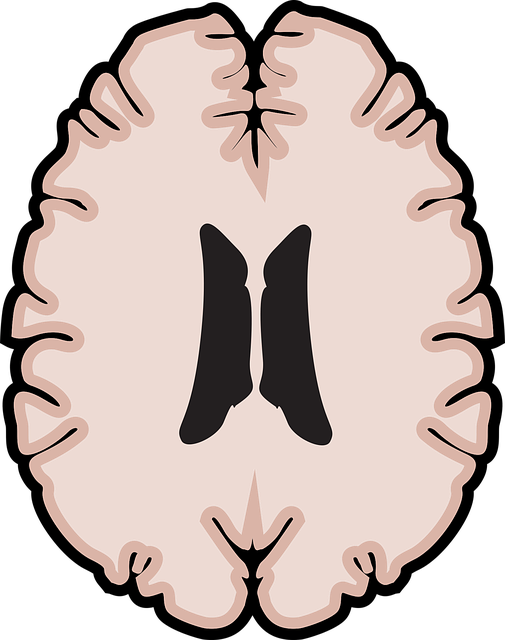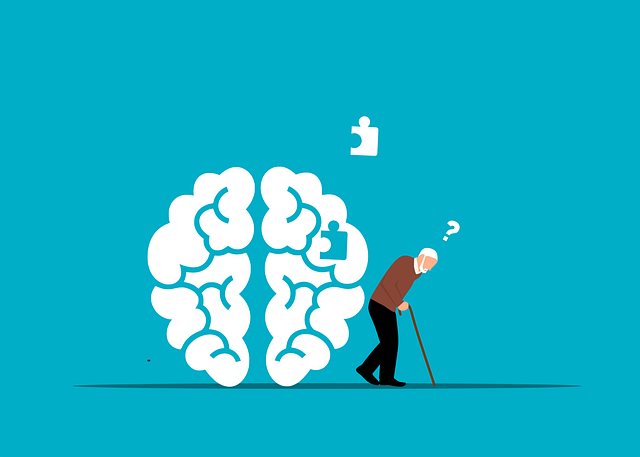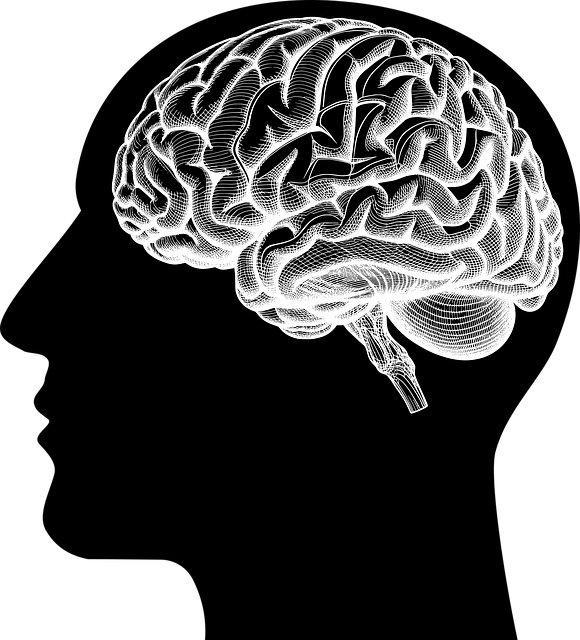Understanding mental wellness needs is crucial for creating an effective self-care routine, as highlighted by Colorado Springs Divorce Therapy. Introspection and professional help identify areas like stress management, anxiety, or relationship issues. Evaluating strengths and weaknesses leads to a personalized plan. A holistic routine, including mindfulness, physical activity, creative outlets, and quality sleep, strengthens mental wellness. Integrating these practices with professional support during life transitions, such as divorce, fosters resilience and emotional balance.
In today’s fast-paced world, prioritizing mental wellness is essential. This article guides you through developing a self-care routine tailored to your unique needs. We’ll explore ‘Understanding Your Mental Wellness Needs’ by assessing your current state, then delve into ‘Building Blocks of a Self-Care Routine’, offering practices and activities for both mind and body. Additionally, we provide strategies in ‘Integrating Self-Care into Daily Life’ with tips for sustainability, all while highlighting the role of Colorado Springs Divorce Therapy in fostering holistic well-being.
- Understanding Your Mental Wellness Needs: Assessing Your Current State
- Building Blocks of a Self-Care Routine: Practices and Activities for Mind and Body
- Integrating Self-Care into Daily Life: Strategies for Sustainability and Colorado Springs Divorce Therapy Support
Understanding Your Mental Wellness Needs: Assessing Your Current State

Understanding your mental wellness needs is a crucial step in developing an effective self-care routine. Assessing your current state involves introspection and possibly seeking professional help, like Colorado Springs Divorce Therapy services. Through counseling or therapy, individuals can gain valuable insights into their emotional well-being. This process helps identify areas of concern, such as stress management, anxiety, depression, or even relationship issues, which may require specialized attention.
Evaluating your current state also involves acknowledging your strengths and weaknesses. Are you socially connected? Do you engage in activities that foster empathy building strategies? Or might you need support in developing resilience? Recognizing these aspects is essential as it guides the creation of a personalized self-care plan, including practices like Social Skills Training or Resilience Building exercises, to meet your unique mental wellness needs.
Building Blocks of a Self-Care Routine: Practices and Activities for Mind and Body

In developing a robust self-care routine, individuals can fortify their mental wellness by addressing both mind and body. Essential practices include mindfulness meditation for emotional regulation and stress reduction, as well as regular physical activity to boost mood and overall well-being. Engaging in creative outlets like journaling or arts and crafts can offer additional outlets for processing emotions and cultivating a sense of calm. Additionally, prioritizing quality sleep is paramount; establishing a consistent sleep schedule enhances emotional stability and cognitive function.
Colorado Springs Divorce Therapy underscores the importance of integrating these practices into daily life to manage mental health effectively. Beyond individual efforts, Risk Management Planning for Mental Health Professionals plays a crucial role in supporting emotional resilience, especially when navigating challenging situations like divorce or stigma reduction efforts associated with mental illness. By combining self-care strategies and professional support, individuals can build a resilient foundation for their mental wellness journey.
Integrating Self-Care into Daily Life: Strategies for Sustainability and Colorado Springs Divorce Therapy Support

Integrating self-care into your daily routine is a powerful step towards enhancing mental wellness, especially for those navigating challenging life transitions such as divorce. Colorado Springs Divorce Therapy offers valuable support in this regard, providing individuals with coping skills development and empathy building strategies tailored to their unique needs.
Sustainable self-care practices involve incorporating activities that promote relaxation, emotional well-being, and stress management. This could include regular exercise, mindfulness meditation, keeping a journal, or engaging in creative pursuits. Stress Management Workshops Organization within therapy sessions can offer structured techniques for coping with divorce-related stress. By consistently practicing these strategies, individuals can develop resilience, improve their ability to manage emotions, and create a sense of balance and stability during this transformative period.
Developing a mental wellness self-care routine is a powerful tool for navigating life’s challenges, especially with the support of Colorado Springs divorce therapy. By understanding your unique needs and integrating practices that nurture both mind and body, you can foster resilience and improve overall well-being. Sustainable self-care involves making time for activities that replenish your energy and promoting a healthy balance in daily life. This journey is highly personal, and seeking professional guidance from therapists in Colorado Springs can provide the necessary tools and support to create lasting positive changes.














